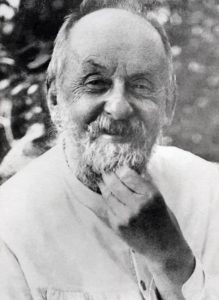
So, it means that truth can only be conditional, temporal and variable.
Religious faiths name their dogmas truth. But can any faith be truth? Faiths number in thousands. They conflict with one another, are often disproved by science and that is why cannot be taken even for conditional truth. Political beliefs also disagree more or less. Therefore, we will say the same about them. Philosophical musings created world-views. Their disagreement also compels us to view them as personal opinions. Some philosophers accepted nothing but exact scientific knowledge for their conclusions. But, similarly, their conclusions do not deserve the name of conditional truth, because did not agree inter se. Finally, there is not a single person that would not understand truth in his own way. So many men, so many truths. How can it be truth!
However, we should initially agree about what we want to denote by conditional truth.
Philosophers, sages and scientists, certainly, assist distribution of knowledge about the Universe and thereby refine people’s idea of conditional truth.
Conditional truth can be global, national, town, district, community, village, family and personal.
Personal conditional truth is what a man acquires in various ways and considers to be the best, the most correct and the most fair. Generally, it is the lowest sort of conditional truth. It changes with age and experience of a man. Village truth is the one which a village is ready to accept and submit to.
How can it be? A village, with a considerable majority vote (0.6, 0.7, 0.8, etc.), elects a person from this social environment whom it considers to be the highest in all respects. The village authorizes him to produce a code of truth, as far as he is able to do it. The approved code will be conditional village truth. Certainly, it changes with the change of the person elected. This truth yet stands some higher than personal views of ordinary villagers. I mean averages.
